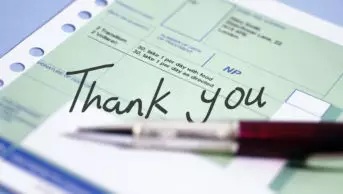
Shutterstock.com
A practice-based pharmacist scheme in West Hampshire has saved the local NHS £2 on the cost of medicines for every £1 that was invested in the programme.
The programme was initially funded for one year as part of a local multispeciality community provider pilot — one of NHS England’s “new models of care”, which launched in 2015 — with the cost later taken on by West Hampshire Clinical Commissioning Group (CCG).
The CCG did not provide a total figure for the amount saved, and said the savings only relate to the cost of medication and did not include any potential savings made by preventing hospital admissions to avoid “any double counting”.
The 9.6 whole-time equivalent (WTE) pharmacists and 2.2 WTE pharmacy technicians taking part in the scheme across 17 practices have largely made savings through medication reviews for the area’s large population of frail and older patients.
Ginny Ward, lead pharmacist for West New Forest and Mid Hampshire at the CCG, said pharmacists looked at the “deprescribing of potentially problematic medicines and specials” and the savings calculations were based solely on medication costs.
Ward said the programme in West Hampshire is different to the national clinical pharmacists programme funded by NHS England.
She told The Pharmaceutical Journal that pharmacists are not “providing as much support to primary care workload as the national model does and they don’t have as much time within the practice … but it’s working the medicines optimisation theme in a more patient-focused way”.
Pharmacists working in the West Hampshire model spend between two and three days per week in practices, while also spending time liaising with community pharmacies “to reduce waste from unnecessary repeat requests” and making “domiciliary visits”.
The programme was highlighted in the GP Partnership Review’s final report, chaired by Nigel Watson, a West Hampshire GP, as an example of how “pharmacists can play an important role in practices” and create cost savings.


